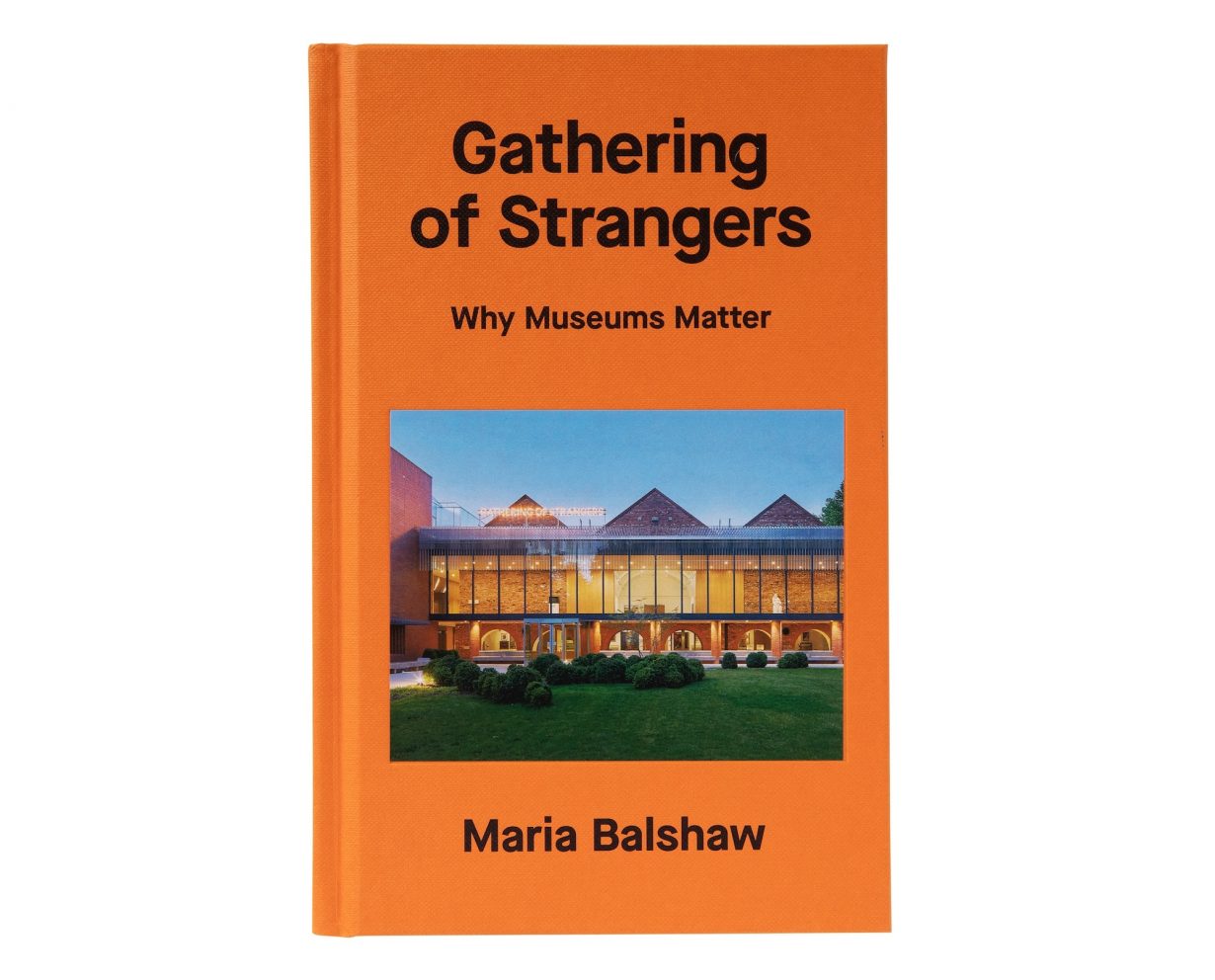The Tate director opposes the supposed ideas and interests of a ‘dominant cultural elite’ while failing to reckon with her own place within it

At one point in Gathering of Strangers, Maria Balshaw, now seven years into her directorship of Tate, criticises the ‘notion that our public organisations should be politically neutral’. ‘We [by which she means museum professionals] are mostly all schooled in the awareness that institutions like our national museums are institutions of state… and have always, even with the best intentions, mostly reflected the views, ideas and interests of a dominant cultural elite.’ It would be a sharp observation about the politics of cultural institutions, if it wasn’t a statement freighted with irony. Because, for the most part, Balshaw’s advocacy for the contemporary iteration of the museum, taking in its supposedly dreadful, colonial past and apparently progressive future, seems blithely unaware that its account of the current preoccupations of the artworld’s museum-professional class – decolonisation, representation and diversity, social activism and climate politics – in fact repeats views, ideas and interests that align with those of our currently dominant cultural elite.
Gathering… is striking, then, for how few of its ideas seem to be distinctly Balshaw’s own. Rather, it seems to be the condensed preoccupations of a kind of progressive institutional hive-mind, which circulate through acronymned professional organisations that steer institutional groupthink – the Museums Association, the National Museum Directors’ Council, the International Council of Museums, the International Committee for Museums and Collections of Modern Art, and so on. There are the solemn chapters about the difficult legacies of British museums’ roots in the periods of colonisation and empire; there is the ever-present concern with developing a more diverse audience, which, in turn, tends towards an identity politics view of how the museum should address particular groups rather than the public as a whole; there’s the enthusiasm for the idea of the ‘useful museum’, which ‘typically works with socially engaged artists to redefine the museum as a space of co-production, with the promotion of social good as their primary outcome’. And there’s the now all-encompassing commitment to environmentalism and sustainability.
Balshaw celebrates the idea of the museum as ‘a site of perpetual disagreement’, which sounds inclusive and democratic, and yet as Gathering demonstrates, there are certain discourses that are privileged by the new museum elite over others. Just Stop Oil, activists who regularly mess up the experience of visiting a gallery, are approved: ‘we should not take these extreme actions as reasons for forbidding dissent’, Balshaw declares benignly, because letting protesters chuck soup around is all about engaging with a public whose ‘views we might not always agree with but who we are bound to serve’. At the same time, since today’s artworld is one in which artists ‘let their political views be known’, they tend to hold a veto on views with which they disagree. It’s a veto with which Balshaw is happy to comply. She is certain, for example, that artist Jeremy Deller ‘would be decidedly unhappy if his “Fuck Brexit” T-shirt work was presented alongside an “I love Brexit” banner simply for sake of “balance”.’ A political decision taken by national referendum can be ignored just because an artist might object. ‘We are not always balanced, then – and nor should we be,’ Balshaw decides, sniffily.
‘We should not go back to the turn of the twentieth century and the Victorian civilising mission that motivated many museums,’ Balshaw argues, after a whole chapter insisting that the museum should be a ‘loudspeaker or a clarion call’ to educate the public about the climate crisis. What unbalances Gathering’s view of the progressive cultural institution is a basic contradiction in its understanding of institutional power. While Balshaw’s generation of museum directors and curators may believe they are continuing and fulfilling the radical programmes of 1960s and 70s social and political art, this can’t survive the reality that they are now in charge of a powerful set of institutions that are not oppositional to an establishment, but are it.
Gathering of Strangers: Why Museums Matter by Maria Balshaw. Tate Publishing, £18.99 (hardcover)